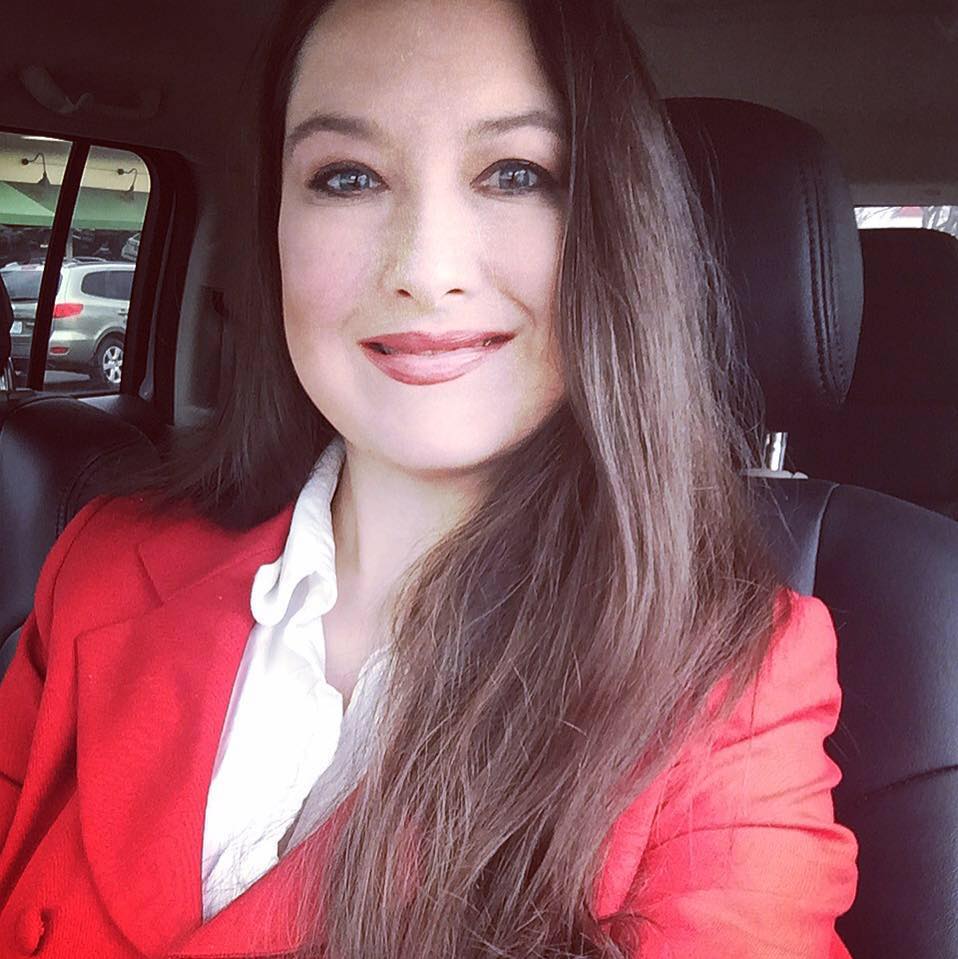No chance imminent change would happen peacefully
LaReeca Rucker
The Oxford Eagle
Change was happening in Mississippi, and it couldn't be stopped by teargas or bullets.
That's how Hattiesburg resident Bryant Myatt remembers the events surrounding the integration of the University of Mississippi. Myatt was a National Guardsman from Tupelo sent to the University of Mississippi in 1962, the day of the riot.
"Everyone knew that (Gov. Ross) Barnett was going to fight it, and everyone knew it was a losing proposition," he said. "The news coming out of Jackson had nothing to do with what was going on.
"I felt that integration was needed, and this attitude was not uncommon in my part of the state."
Logic dictated that integration was coming regardless of what the 'Bubbas and Barnett' thought, Myatt said.
"We arrived around midnight on a Sunday and had already been cursed out before leaving Tupelo," Myatt said.
On Monday, things became quieter, but Tuesday, Army troops arrived in shiny Jeeps with .30 caliber machine guns mounted.
"The trouble started all over," he said.
Natchez resident Don Estes, an Ole Miss sophomore in 1962 and head equipment manager for the football team, had just returned with the team from a game against Kentucky in Jackson, "where I had stood directly in front of Gov. Ross Barnett as he made his famous 'I love Mississippi' speech to the crowd."
More involved in football than politics, Estes said he was aware Meredith was trying to enroll against university policy, but not aware of the national attention.
"The riot was horrendous," he said. "I keenly remember witnessing the Lyceum ringed with fully geared-up U S. marshals who were taunting the gathering crowd of students.
"We were not aware of President Kennedy's famous TV speech calling for 'calm,' but did realize later that, shortly after his speech, the marshals suddenly lowered their teargas canister guns and fired directly into the crowd of students.
"Several were severely hurt by the canisters. The riot was on."
In his view, the students had no choice and that the marshals were to blame.
Estes saw Meredith many times on campus. He said he observed that Meredith was always surrounded by marshals and had no interaction with students.
"He always seemed anxious to check his mailbox in the student union and received lots of mail," Estes said.
Baxter Hall, where he resided, had been emptied of all students except him.
"My thoughts were that Ole Miss would eventually be integrated, but never peacefully," he said. "Obviously, President Kennedy felt the same way."
¦
Water Valley native John Cox grew up 18 miles south of Oxford and knew the Ole Miss campus "like the back of his hand."
On the night of the riot, the high school senior drove his father's Chevy Impala with two Confederate battle flags flying from twin radio antennas on the rear.
"At one point, I got into the middle of a Mississippi Highway Patrol convoy headed to Oxford, but did not go all the way to campus," he said.
Many of his friends who were students relayed to him what they'd witnessed.
Later, Cox picked up a few artifacts from the riots, including a teargas grenade head and a badge from a Shelby County deputy named J. R. Dow that he has since unsuccessfully tried to return.
"The morning after that, my father, brother and I drove to Abbeville (above Oxford) to go deer hunting," he said, "and I remember the sight of the National Guard camped out in a huge pasture just south of Oxford."
Rachel Marquez was a 17-year-old freshman at Mississippi State University in 1962 when her boyfriend told her he was going to drive to Ole Miss to see what was happening.
"I was very afraid for him to go," she said.
He later told her about the rioting, teargas and shooting.
"I remember being very afraid that the same things were going to happen at State," she said. "Thankfully, they didn't."
The times were filled with uncertainty, Marquez said.
"Having grown up in rural North Mississippi, and never having gone to school with African-American students, the whole idea was quite foreign to me and the people I knew," she said. "So, I didn't really think much about the situation."
Race relations and attitudes have drastically changed in Mississippi since 1962, she said.
"There's no comparison. I'm so glad my children and grandchildren have grown up in this era."


